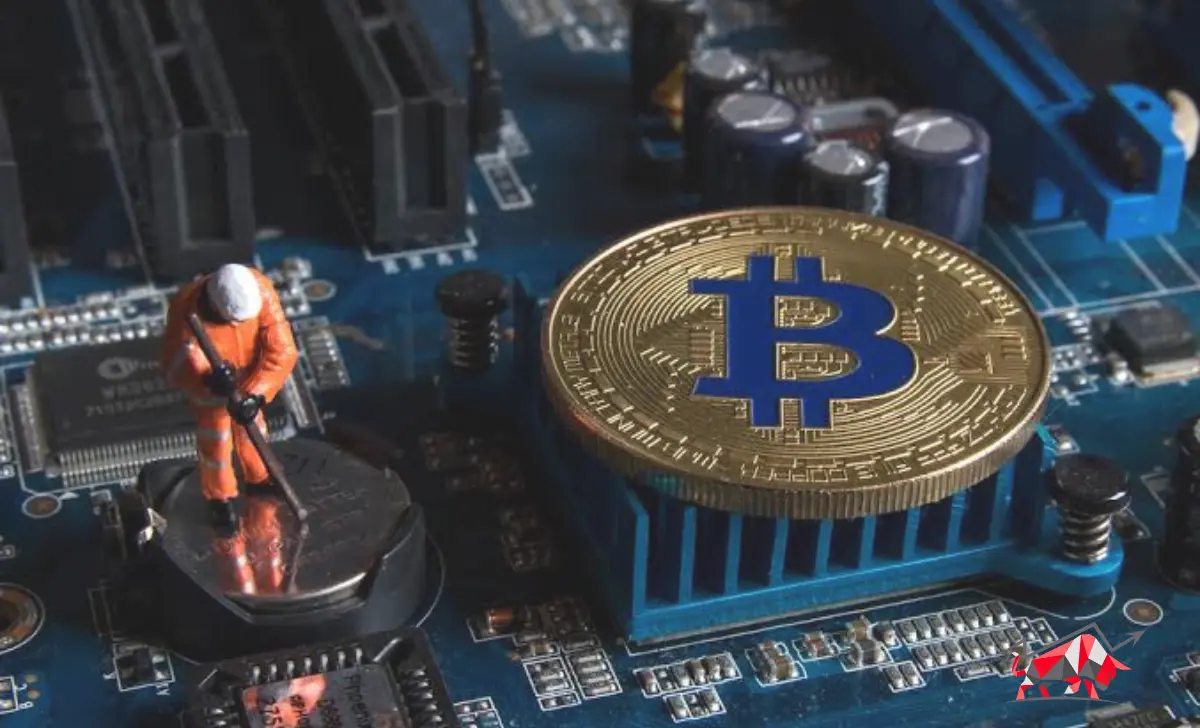A national policy maker confirmed on Sunday that Bitcoin miners would no longer be under a 30% tax as the Biden Administration has abandoned its federal budget proposal. This decision about Bitcoin miners is part of a series of tax-related compromises made by the administration during negotiations concerning the approaching debt ceiling.
Ohio Representative Warren Davidson shared the text of the newly proposed debt ceiling deal on Sunday, which resulted from negotiations between President Joe Biden, a Democrat, and Republican House Speaker Kevin McCarthy. The bill aims to suspend the debt limit entirely until January 1, 2025, thus removing it as a contentious issue in the 2024 Federal election. However, the bill includes spending cuts such as caps on non-defense expenditures and reductions in IRS funding.
In response to Davidson’s announcement, Pierre Rochard, the VP of Research at Bitcoin mining company Riot Platforms, observed that the bill did not mention the administration’s previously proposed Digital Asset Mining Energy (DAME) tax. Davidson confirmed the absence of the proposal and highlighted that blocking Democrat-proposed taxes constituted a victory for the Republicans during the negotiations.
The abandoned tax proposal would have required proof-of-work cryptocurrency miners to pay a 30% tax on all energy consumed during the mining process, effectively increasing the operational costs of mining businesses in the United States. The administration justified the tax in earlier guidance to Congress, arguing that it would make miners “bear the full cost they impose on others” through higher energy prices and greenhouse gas emissions.
Critics of the Bitcoin Miners Excise Tax
Critics argued that the energy tax was unfairly targeting bitcoin miners and would result in the migration of mining operations out of the United States, which currently serves as the leading global mining hub.
Among the opponents was Senator Cynthia Lummis, who confidently stated at the Bitcoin Miami 2023 event that the burdensome tax would not be implemented. She emphasized the importance of fostering the development of this technology and the practice of Bitcoin miners within the United States.
Many proponents of Bitcoin contest the notion that mining significantly harms the environment. In September, Michael Saylor, the Executive Chairman of MicroStrategy, published a blog post in which he argued that the carbon emissions from miners would have minimal impact if not for the competitive marketing efforts of other cryptocurrency promoters and lobbyists.
Chris Larson, the co-founder of Ripple, financed a $5 million environmental campaign last year to encourage Bitcoin miners to transition their protocol to a less energy-intensive consensus mechanism like proof of stake. Notable organizations like the Environmental Working Group and Greenpeace participated in this initiative.


